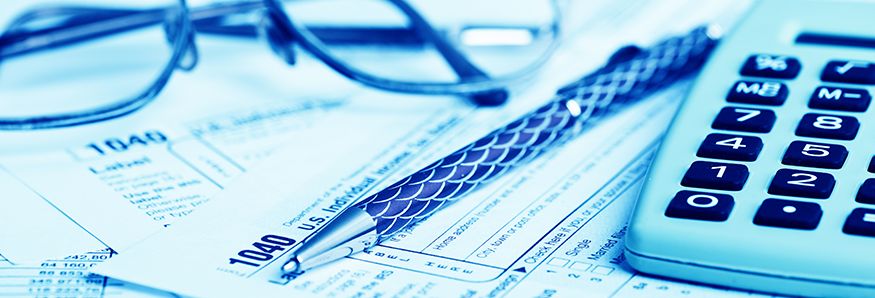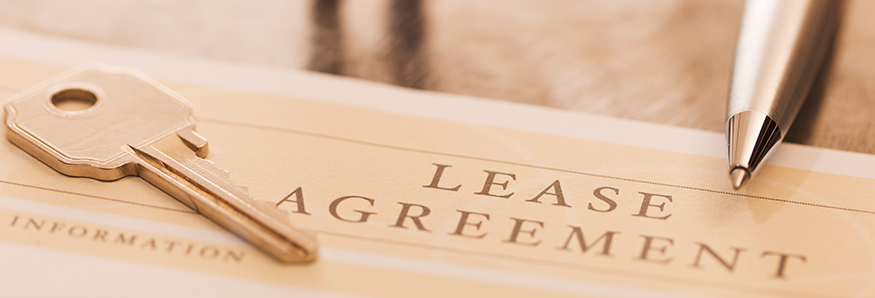One of the first concerns we hear about when talking to new real estate investors goes something like this: “I heard real estate investing is a pain because I’ll be getting calls about clogged toilets at two in the morning from my tenants.” Is this something that has made you hesitant about investing in real estate? Today we are going to alleviate some of these concerns by talking about the next member of your team – the property manager.
What Will A Property Manager Do?
The property manager will be the main contact for the landlord in the day to day dealings of the property. They will collect rent, hand out any necessary notices to tenants, market vacant units, handle any complaints, deal with minor repairs and maintenance, etc.
What Should I Look For In A Property Manager?
Ideally your property manager should have lots of experience in handling similar types of rental properties to yours. They should have knowledge of the local rental market and tenant profiles. They should also know how to legally deal with problem tenants, including serving proper notices, keeping records of correspondence, and taking the proper steps up to possible hearings with Landlord Tenant Board. This last part is very important as not handling evictions and other tenant issues properly can get very expensive for the landlord. Make sure to interview them the same way anyone you would hire and get references. Sometimes it is prudent to manage a building yourself at the beginning so you understand the property, the tenants, etc. to get your feet wet and be able to properly manage your property manager.
How Will My Property Manager Help Me As A Real Estate Investor?
As a specialist in property management, your property manager should have the skills to ensure your investment property runs smoothly. Lots of real estate investors do not have the time or the desire to learn the management side of the business, so this frees up time for the investor to work on acquiring more properties, spend more time focusing on other employment or to spend free time with family or friends. And you won’t be getting any late night tenant complaint phone calls, so you can sleep easier!
How Much Will My Property Manager Cost?
Property management fees can vary as with any other professional services. On larger multi-unit buildings, we see fees such as a 5-8% of gross rent, one month’s rent per year or a $/per door per month. There can also be additional fees for renting/leasing of vacant units and you should inquire about that as they can add up. Usually there are also à la carte items available such as evicting tenants, going to landlord tenant hearings, etc. that they can provide for one-time fees. Get multiple quotes to understand the market prices in your area but be sure not to only focus on costs, make sure to also understand the service that comes with each. Also make sure to budget the costs of management into the financials of any investment properties you are looking at going forward. Having your property properly managed is too important to cheap out on!
Get a good property manager on your side…you’ll be glad you did. Readers, do you manage your own investment properties?





